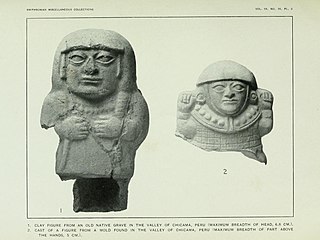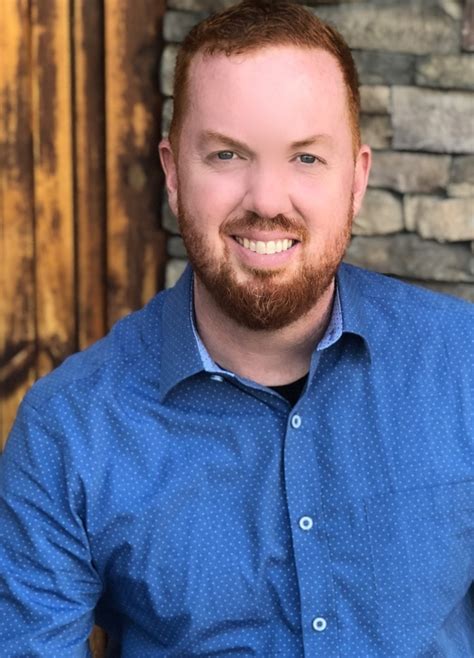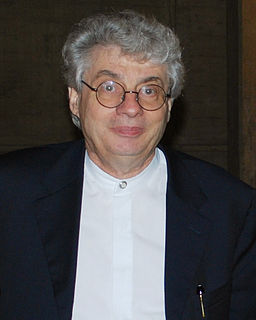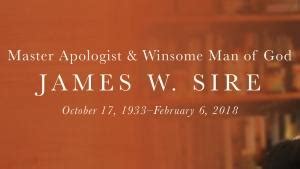A Quote by Leonardo da Vinci
Experience, the interpreter between creative nature and the human race, teaches the action of nature among mortals: how under the constraint of necessity she cannot act otherwise than as reason, who steers her helm, teaches her to act.
Related Quotes
Nature! We live in her midst and know her not. She is incessantly speaking to us, but betrays not her secret. We constantly act upon her, and yet have no power over her. Variant: NATURE! We are surrounded and embraced by her: powerless to separate ourselves from her, and powerless to penetrate beyond her.
You may command Nature to the extent only in which you are willing to obey her. You cannot intelligently obey that which you do not comprehend. Therefore I also say, ask of Nature that you may be one with her and she will whisper her secrets to you to the extent in which you are prepared to listen. Seek to be alone much to commune with Nature and be thus inspired by her mighty whisperings within your consciousness. Nature is a most jealous god, for she will not whisper her inspiring revelations to you unless you are absolutely alone with her.
In a word, the Holy Scripture is the highest and best of books, abounding in comfort under all afflictions and trials. It teaches us to see, to feel, to grasp, and to comprehend faith, hope, and charity, far otherwise than mere human reason can; and while evil oppresses us, it teaches how these virtues throw light upon the darkness, and how, after this poor, miserable existence of ours on earth, there is another and an eternal life.
Nature is seen by humans through a screen of beliefs, knowledge, and purposes, and it is in terms of their images of nature, rather than of the actual structure of nature, that they act. Yet, it is upon nature itself that they do act, and it is nature itself that acts upon them, nurturing or destroying them.
Why does a woman carry a gun? Because, under our system, every citizen has the latitude to act in the absence of police; the latitude to act reasonably, to act immediately, to act in defense of self, to act in defense of another, to act with lethal force, to act with her acquired training and to act not in anger but to respond in purpose. To exercise the protections of that latitude in public policy, public interest and practical safety, all that is demanded of her is that she act reasonably under the circumstances.
I think Nature, if she interests herself much about her children, must often feel that, like the miserable Frankenstein, with her experimenting among the elements of humanity, she has brought beings into existence who have no business here; who can do none of her work, and endure none of her favours; whose life is only suffering; and whose action is one long protest against the ill foresight which flung them into consciousness.
A case can certainly be made that Christians bear a major responsibility for our ecological crisis. But the fault is not their biblical but their unbiblical view of nature. Christians have long failed to understand what the Bible really teaches concerning nature and our responsibility for it. For this there is no excuse. Repentance must be our first response. Our second response must then be to right the wrongs of our faulty understanding and act accordingly. We are all responsible to know what can be known of God's will for nature, and we are then responsible to act on that knowledge.
Nothing can be more contrary to nature, to reason, to religion, than cruelty; hence as inhuman man is generally considered as a monster; such monsters, however, have existed; and the heart almost bleeds at the recital of the cruel acts such have been guilty of; it teaches us, however, what human nature is when left to itself; not only treacherous, but desperately wicked.







































